On his historic Homecoming Day, Prime Minister Sheikh Hasina paid tribute to Bangabandhu Sheikh Mujibur Rahman, the father of the nation.
She reached Bangabandhu Bhaban in Dhanmondi on Wednesday, January 10, just before eight in the morning. As prime minister, she first laid a wreath at Bangabandhu's image and then stood in mournful silence for a while before participating in a special prayer.
Alongside her party's leaders, she also put another wreath before the image of the Awami League president. Afterwards, representatives and members of several front groups gave their condolences.
In the national election held on January 7, the Awami League secured an absolute majority. The oath of office for its incoming MPs will be taken today. A large-scale gathering at the famed Suhrawardy Udyan is scheduled by the party to commemorate Bangabandhu's Homecoming Day.
On the evening of March 25, Bangabandhu was taken into custody from his Dhanmondi home and transported by air to West Pakistan. On January 8, 1972, in response to intense international criticism, Bhutto sent him to London and released him. After being held captive in a Pakistani jail for 290 days, Bangabandhu took a plane via Delhi to Bangladesh.
After a ridiculous trial, Bangabandhu was tortured cruelly in prison and had been counting the minutes till his execution.
"I was a prisoner ready to be hanged in the condemned cell. I had been unsure of my survival since the day I was taken to jail. I prepared myself to die. At a press conference in London, Bangabandhu spoke movingly about his experience in a Pakistani prison, saying, "But I knew Bangladesh would be liberated."
"If Hitler had been alive today, he would have been ashamed," Mujib declared in reference to the genocide committed on the Bangalees by the Pakistani army.
Even though the nine-month War of Liberation ended with a conclusive triumph on December 16, 1971, the return of Bangabandhu to his homeland met national expectations and gave the populace a true taste of victory.



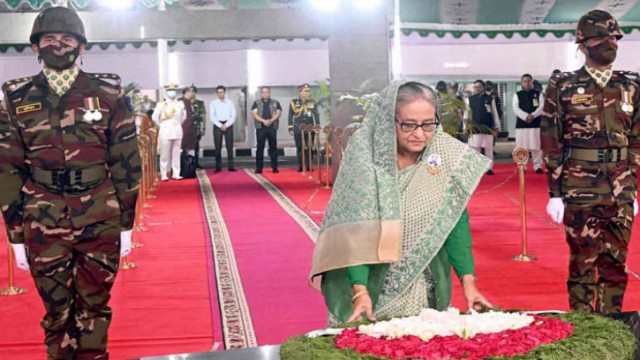
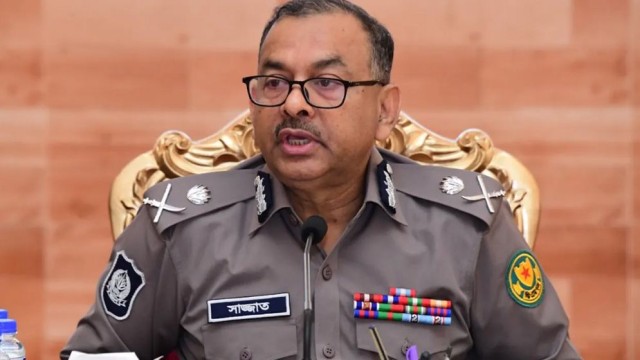
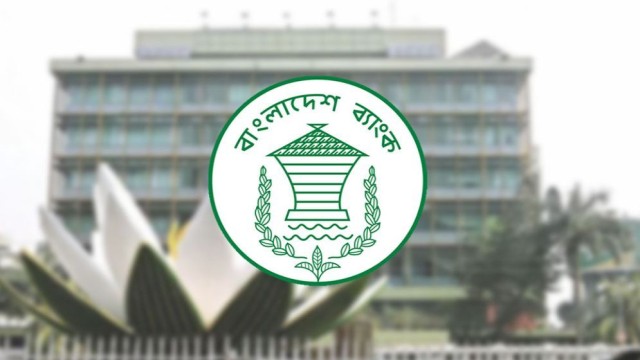
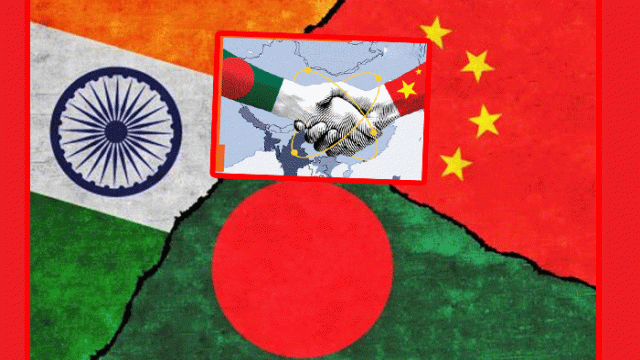
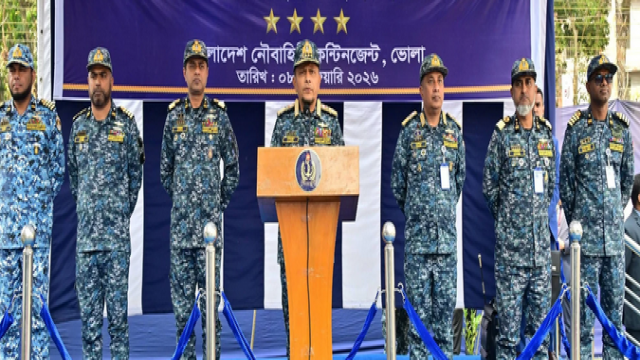

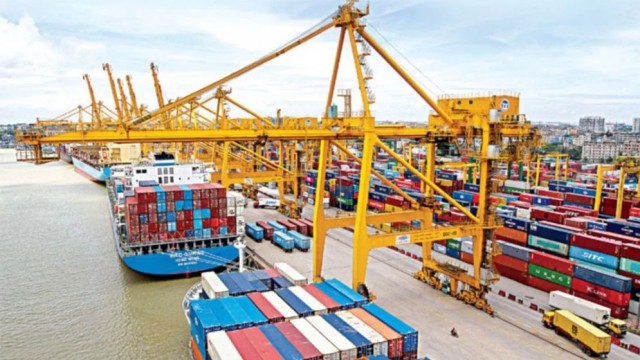
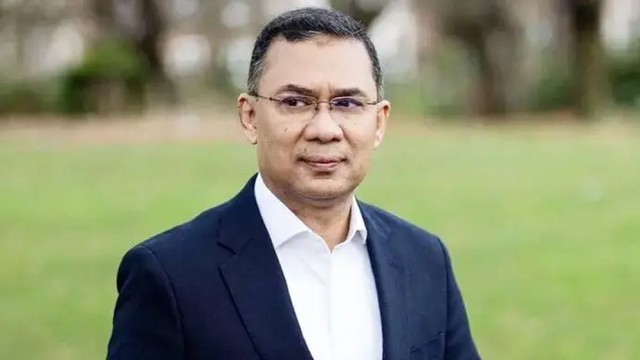
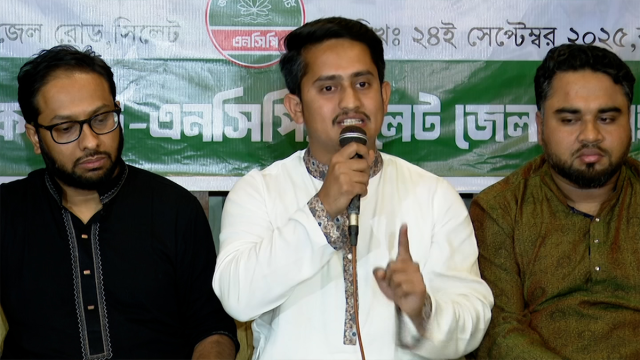
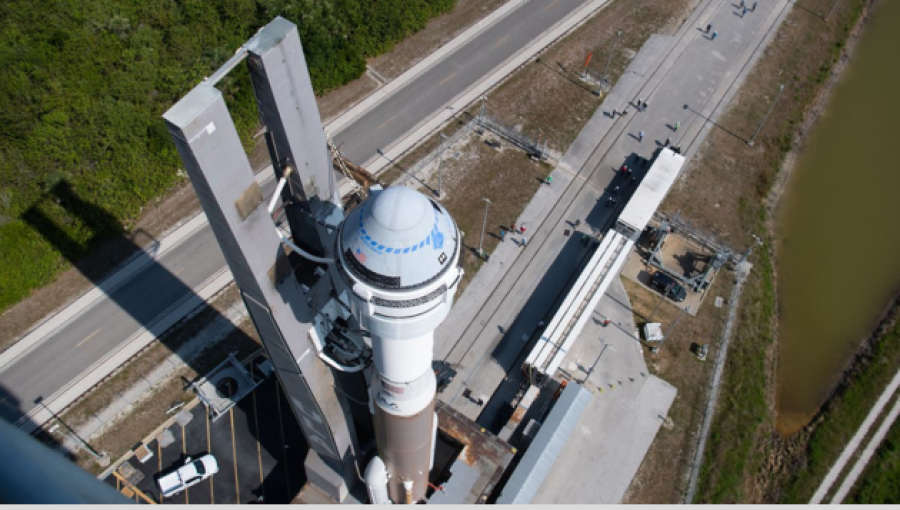
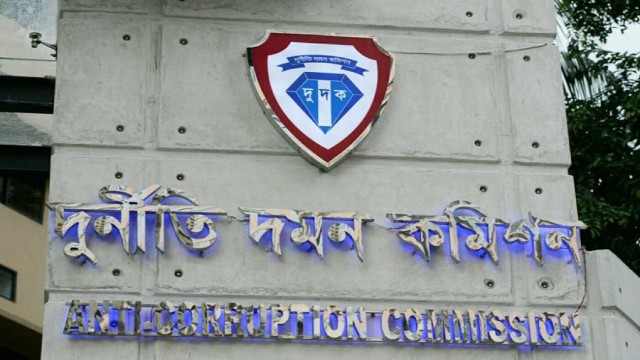
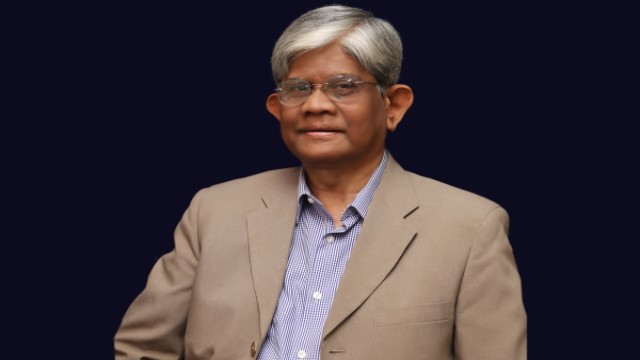
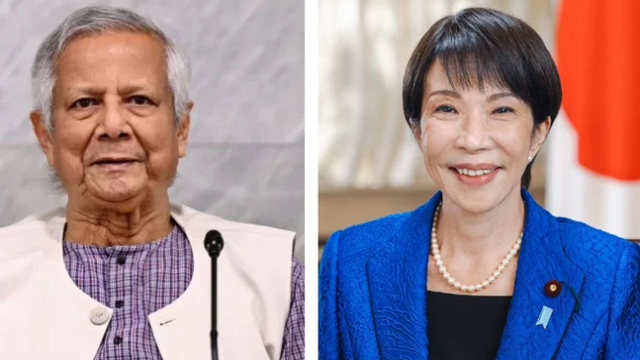
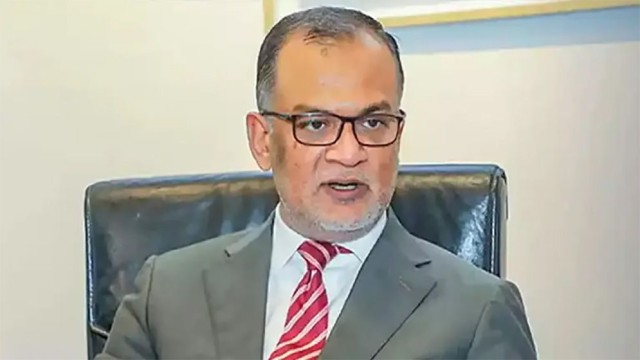
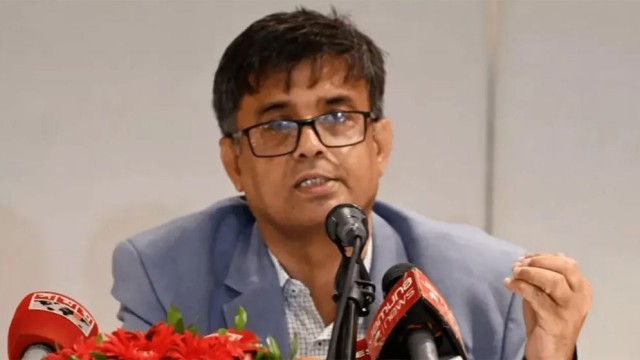

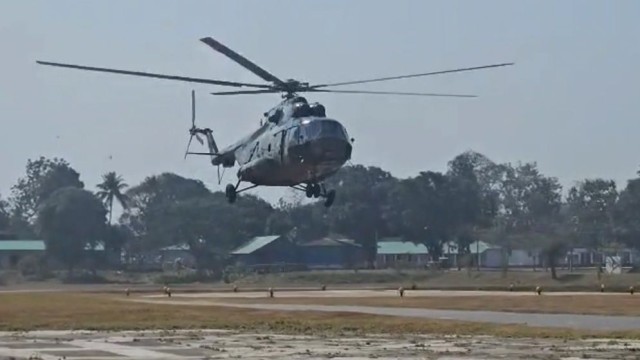





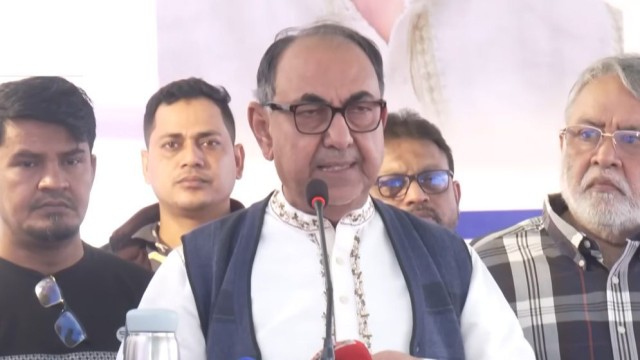

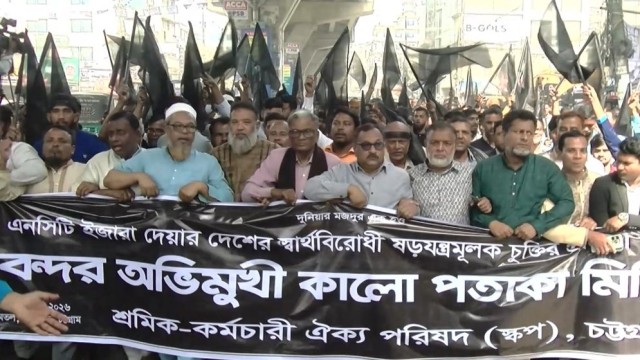
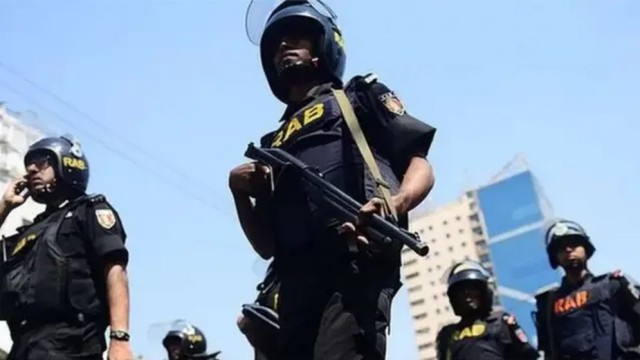


Comment: